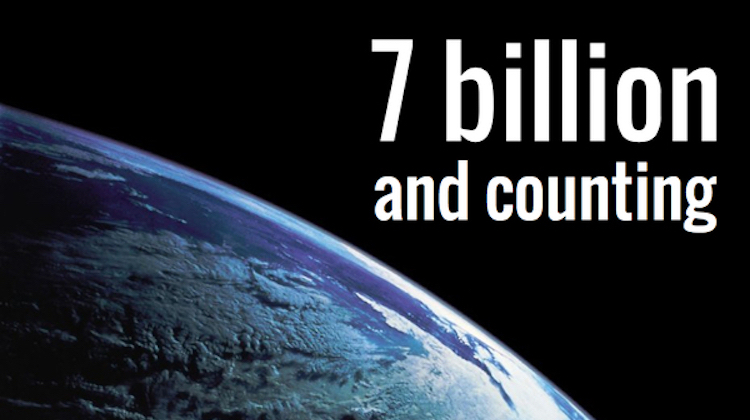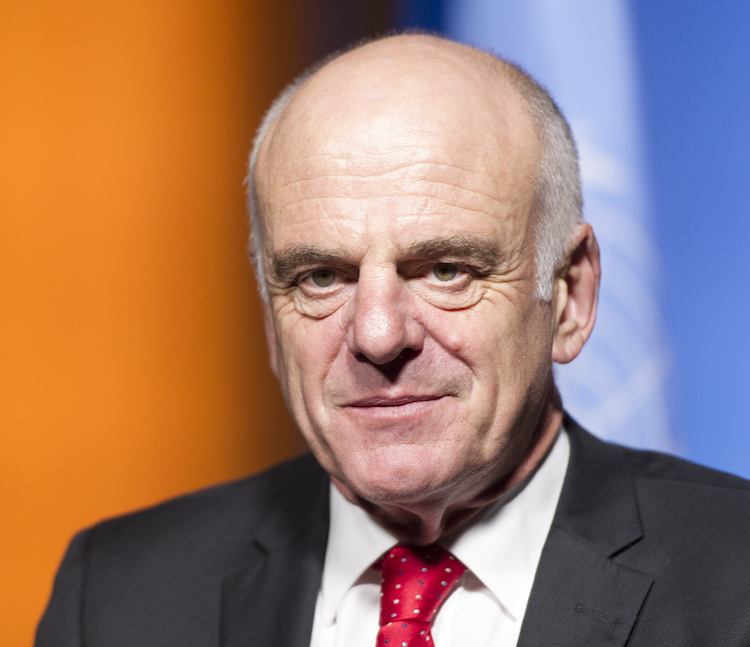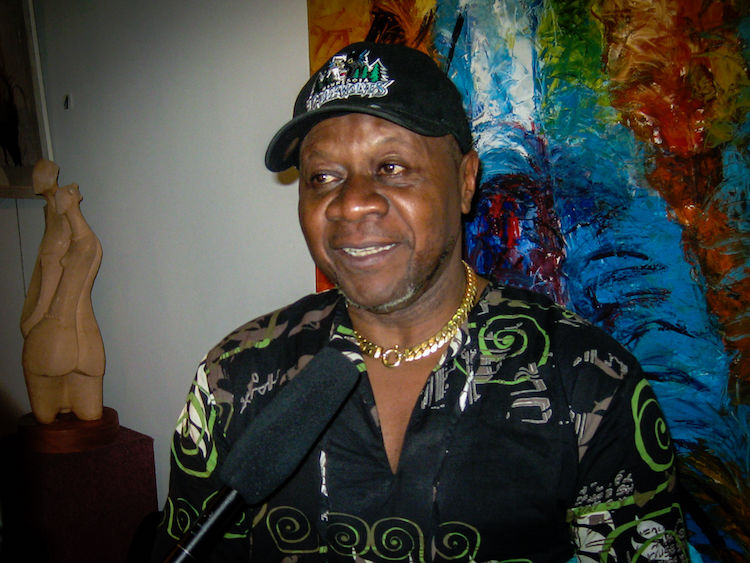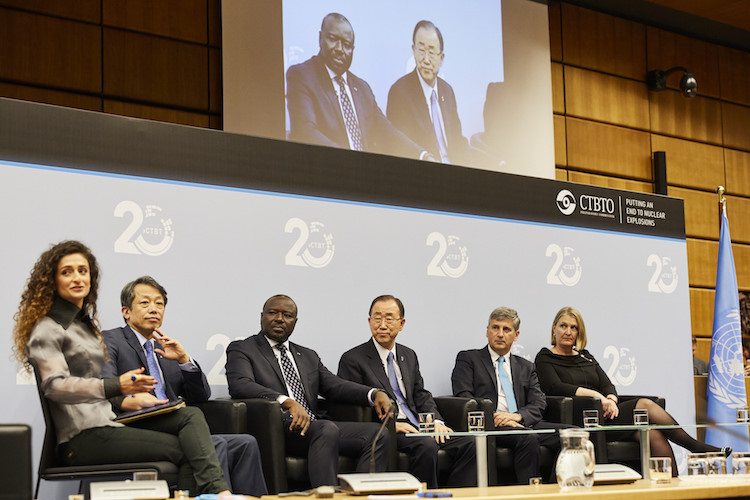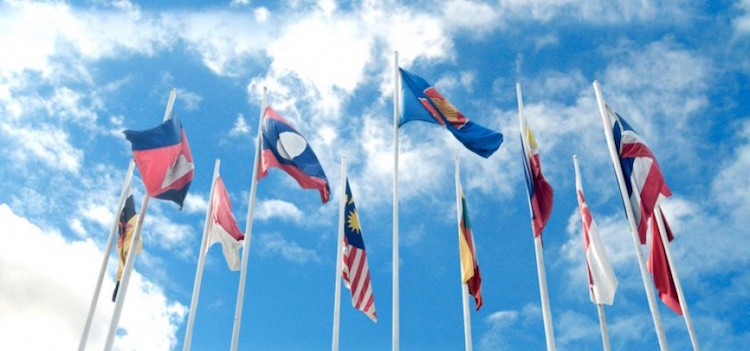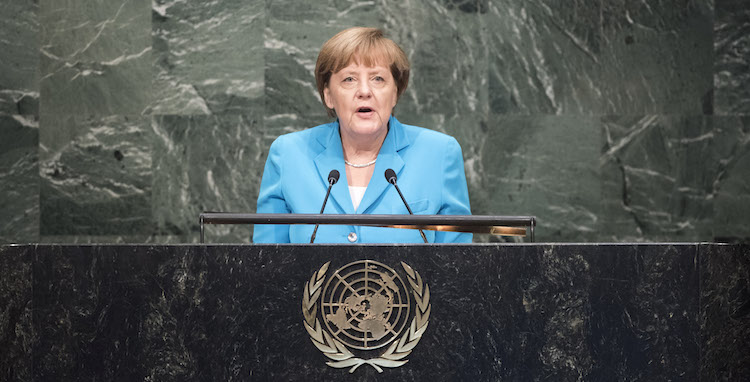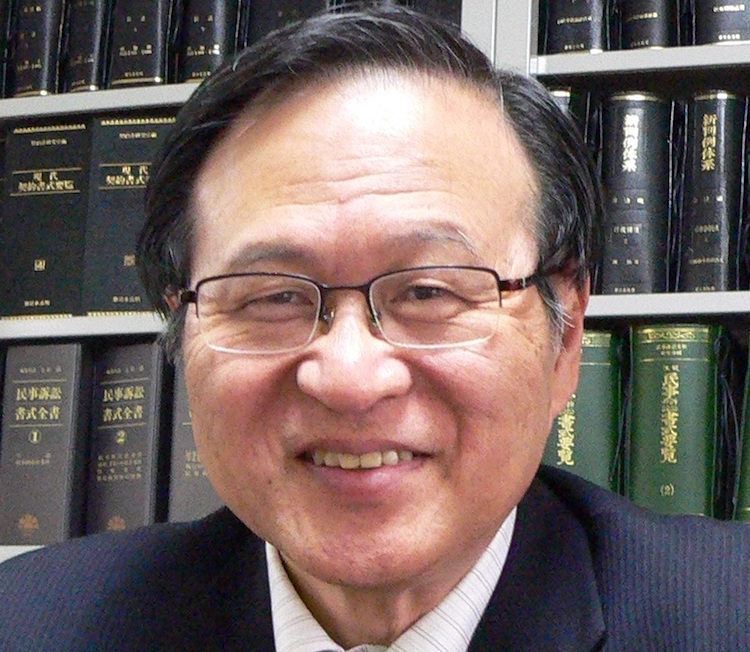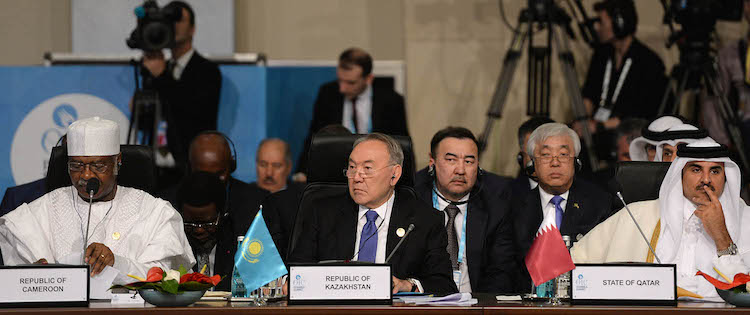By J Nastranis
NEW YORK (IDN) – A Brazilian social scientist and a Polish organization have bagged the 2016 United Nations Population Award. Established by the UN General Assembly in 1981, the award recognizes outstanding achievement in the fields of population and health.
Dr Carmen Barroso, a Brazilian social scientist has won the award for her long commitment to population causes. The ‘Childbirth in Dignity Foundation’, a Polish organization is being honoured for promoting improved quality of care for Polish mothers and new-borns.
The award is scheduled to be presented at the United Nations on June 23.
Dr Barroso’s contributions to population questions and their solutions had a great impact through her leadership of major organizations, according to documents submitted to the Population Award Committee. In Brazil, she was a pioneer in gender studies while working at the Chagas Foundation and teaching at the University of Sao Paulo.

